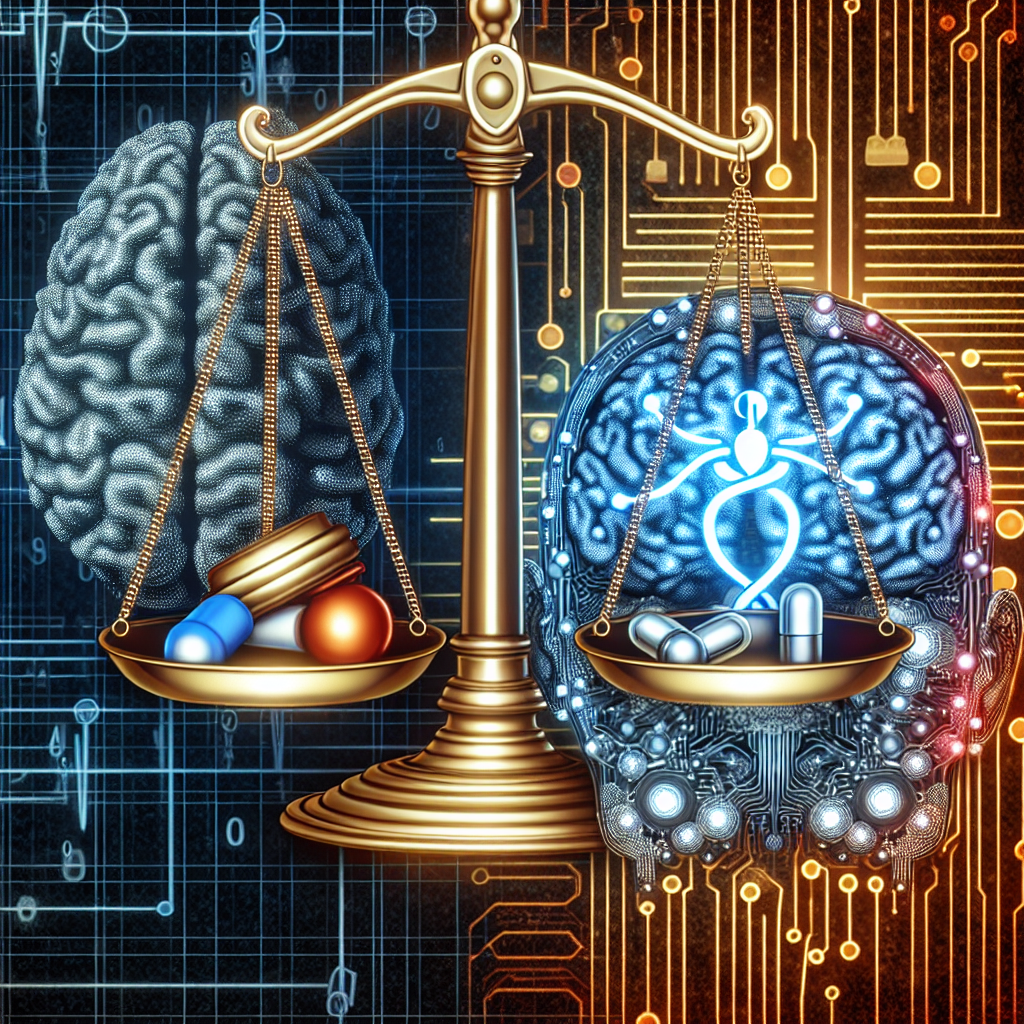Artificial intelligence (AI) has made significant advancements in the field of medicine, offering new possibilities for diagnosis, treatment, and patient care. However, the integration of AI into healthcare raises complex ethical issues that need to be carefully considered. The relationship between AI and medical ethics is multifaceted, with both promising benefits and potential risks.
One of the main ethical concerns surrounding AI in healthcare is the issue of privacy and data security. AI systems require access to large amounts of patient data to function effectively, raising questions about who has access to this information and how it is being used. There is a risk that sensitive medical data could be compromised or misused, leading to breaches of patient confidentiality and privacy. In addition, there are concerns about the potential for bias in AI algorithms, which could result in discriminatory treatment of certain patient populations.
Another ethical consideration is the impact of AI on the doctor-patient relationship. While AI can improve diagnostic accuracy and treatment outcomes, some argue that it could also erode the trust between patients and healthcare providers. Patients may feel uncomfortable with the idea of their care being overseen by a machine, rather than a human doctor. There is also the concern that AI could lead to dehumanization in healthcare, with patients feeling like they are being reduced to data points rather than individuals with unique needs and experiences.
Additionally, there are questions about the accountability and responsibility of AI systems in healthcare. Who is ultimately responsible for the decisions made by AI algorithms – the developers, the healthcare providers, or the patients themselves? In cases where AI systems make errors or provide incorrect diagnoses, how should liability be assigned? These are complex issues that require careful consideration and clear guidelines to ensure that patients are protected and receive appropriate care.
Despite these challenges, AI also offers numerous benefits in the field of medicine. AI can help healthcare providers make more accurate diagnoses, predict patient outcomes, and personalize treatment plans based on individual patient data. AI-powered tools can also improve efficiency in healthcare delivery, reducing costs and saving valuable time for both patients and providers. By harnessing the power of AI, healthcare systems can potentially improve patient outcomes and increase access to high-quality care.
To navigate the complex relationship between AI and medical ethics, it is crucial for healthcare providers, policymakers, and researchers to work together to develop clear guidelines and regulations for the use of AI in healthcare. This includes establishing standards for data privacy and security, ensuring transparency and accountability in AI algorithms, and promoting ethical practices in the development and deployment of AI systems. By addressing these ethical considerations, we can harness the potential of AI to improve patient care while upholding the values of medical ethics.
FAQs:
Q: How can AI improve patient care in healthcare?
A: AI can improve patient care by helping healthcare providers make more accurate diagnoses, predict patient outcomes, and personalize treatment plans based on individual patient data. AI-powered tools can also improve efficiency in healthcare delivery, reducing costs and saving valuable time for both patients and providers.
Q: What are some ethical concerns surrounding AI in healthcare?
A: Some ethical concerns surrounding AI in healthcare include issues of privacy and data security, the impact on the doctor-patient relationship, bias in AI algorithms, and questions about accountability and responsibility of AI systems in healthcare.
Q: How can we address the ethical considerations of AI in healthcare?
A: To address the ethical considerations of AI in healthcare, it is important for healthcare providers, policymakers, and researchers to work together to develop clear guidelines and regulations for the use of AI. This includes establishing standards for data privacy and security, ensuring transparency and accountability in AI algorithms, and promoting ethical practices in the development and deployment of AI systems.

